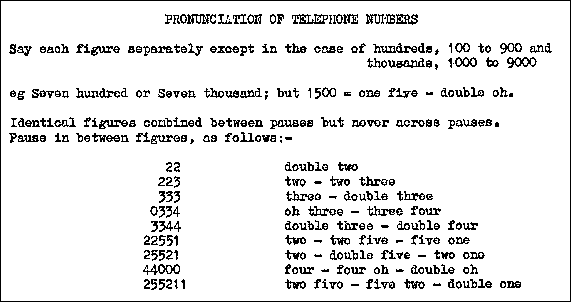
G.J.C. Lokhorst. Logical Explorations in the Philosophy of Mind: Essays on Aristotle's Psychology, Wittgenstein's Tractatus, and Lévy-Bruhl's Logical Relativism. PhD thesis, Erasmus University Rotterdam, Rotterdam, 1992. 173 pp.
Abstract. In this doctoral dissertation, three topics from the philosophy of mind (Aristotle's account of reflective awareness, Wittgenstein's early philosophy of mind, and Lévy-Bruhl's thesis of logical relativism) are clarified with the help of modern epistemic, modal and perceptual logic.
There are two versions of this dissertation:
Note. "Stelling 14" points out that, in Arabic writing, the numbers are notated in little-endian order whereas the Western notation of numbers written in Arabic numerals is big-endian. It argues that the little-endian notation is preferable (the PDP-11 and VAX families of computers and Intel microprocessors and a lot of communications and networking hardware are also little-endian; on the other hand, there are also processors, including the IBM 370 family, the PDP-10, the Motorola microprocessor families, and most of the various RISC designs current in mid-1993, that are big-endian). The big-endian notation seems to be the result of a lapse on the part of the mediæval translators. There is a new reference on this topic:
"Stelling 15" points out that the Dutch and German pronunciation of numbers is middle-endian and that this is a continual source of misunderstanding. A little-endian [or big-endian] pronunciation would engender less confusion.Charles Burnett, "Why We Read Arabic Numerals Backwards," in Ancient and Mediæval Traditions in the Exact Sciences: Essays in Memory of Wilbur Knorr, ed. P. Suppes, J. M. Moravcsik and H. Mendell, Stanford, Ca., 2000, pp. 197-202.
Telephone operators and secretaries have known this for a long time:
Previous | Up | Next
gjclokhorst@gmail.com || July 17, 2015 || HTML 4.01 Strict